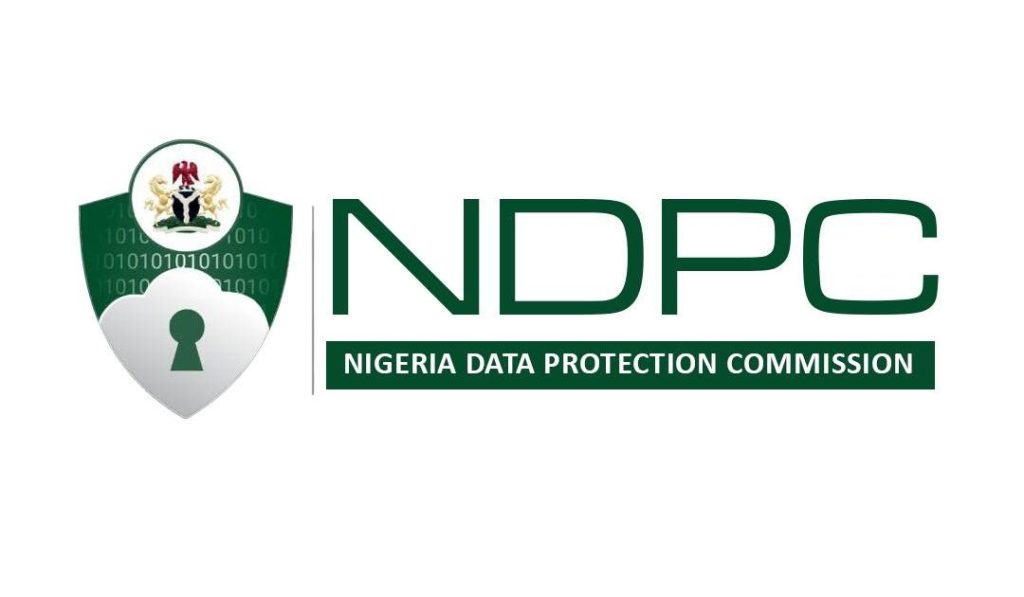Paragraph 1: Introduction to Nigeria’s Data Protection Landscape
Nigeria, a nation rapidly integrating into the global digital economy, recognizes the paramount importance of safeguarding its citizens’ data privacy rights. In response to this growing need, the Nigeria Data Protection Act, 2023 (NDP Act) was enacted, establishing a comprehensive legal framework for data protection and privacy. This Act empowers the Nigeria Data Protection Commission (NDPC) to oversee and enforce data protection regulations, ensuring that organizations operating within the country adhere to stringent standards for collecting, processing, and storing personal data. The NDP Act signifies Nigeria’s commitment to responsible data handling practices and its ambition to foster trust and accountability within its digital ecosystem.
Paragraph 2: NDPC’s Proactive Enforcement and Compliance Drive
Demonstrating its commitment to upholding the NDP Act, the NDPC has initiated a sector-by-sector investigation targeting organizations suspected of non-compliance. This proactive approach underscores the commission’s dedication to ensuring that the spirit and letter of the law are respected. The initial phase of this investigation focuses on key sectors handling vast amounts of personal data, including banking, insurance, pensions, gaming, and insurance brokerage. These sectors have been identified due to their potential impact on data subjects’ rights and the sensitivity of the information they manage. The NDPC’s targeted approach reflects a strategic effort to address potential vulnerabilities and promote widespread compliance within these critical industries.
Paragraph 3: The 21-Day Compliance Notice and its Requirements
As part of its investigative process, the NDPC issued a 21-day compliance notice to organizations within the targeted sectors. This notice, based on specific provisions of the NDP Act, requires organizations to demonstrate their adherence to the law by providing essential documentation. The requested information includes evidence of filing NDP Act Compliance Audit Returns for the preceding year, proof of appointing a Data Protection Officer, a summary of technical and organizational measures implemented for data protection, and evidence of registration as a Data Controller or Processor of Major Importance. This comprehensive set of requirements aims to assess organizations’ commitment to data protection and their implementation of robust data handling practices.
Paragraph 4: Consequences of Non-Compliance and NDPC’s Enforcement Powers
The NDPC emphasized the seriousness of non-compliance with the 21-day notice, outlining potential regulatory sanctions against defaulting organizations. These sanctions range from Enforcement Orders and administrative fines to criminal prosecution, reflecting the gravity with which data protection violations are viewed. The commission’s firm stance underscores its determination to hold organizations accountable for their data handling practices and to deter future breaches. The NDPC’s enforcement powers are designed to create a culture of compliance and ensure that organizations prioritize data protection as a core element of their operations.
Paragraph 5: NDPC’s Commitment to Protecting Data Subjects’ Rights and Promoting a Robust Digital Economy
The NDPC’s actions are firmly rooted in its mandate to protect the fundamental rights, freedoms, and interests of data subjects as guaranteed by the Nigerian Constitution. This commitment aligns with global best practices in data protection and reinforces the importance of individual privacy in the digital age. By enforcing the NDP Act, the commission aims not only to safeguard citizens’ rights but also to foster trust and confidence in Nigeria’s digital economy. This dual focus reflects the understanding that a robust data protection framework is essential for promoting innovation and sustainable growth within the digital landscape.
Paragraph 6: Demonstrating Resolve Through Concrete Actions and Setting Precedents
Beyond issuing compliance notices, the NDPC has actively demonstrated its resolve to enforce the NDP Act by imposing substantial penalties on organizations found in violation. Notable examples include the significant fines levied against Multichoice Nigeria and Fidelity Bank for data breaches and non-compliance with data protection principles. These decisive actions serve as a powerful deterrent and send a clear message that the NDPC is committed to holding organizations accountable for their data handling practices. These precedents establish the NDPC’s authority and signal its unwavering commitment to upholding the principles of data protection in Nigeria.














